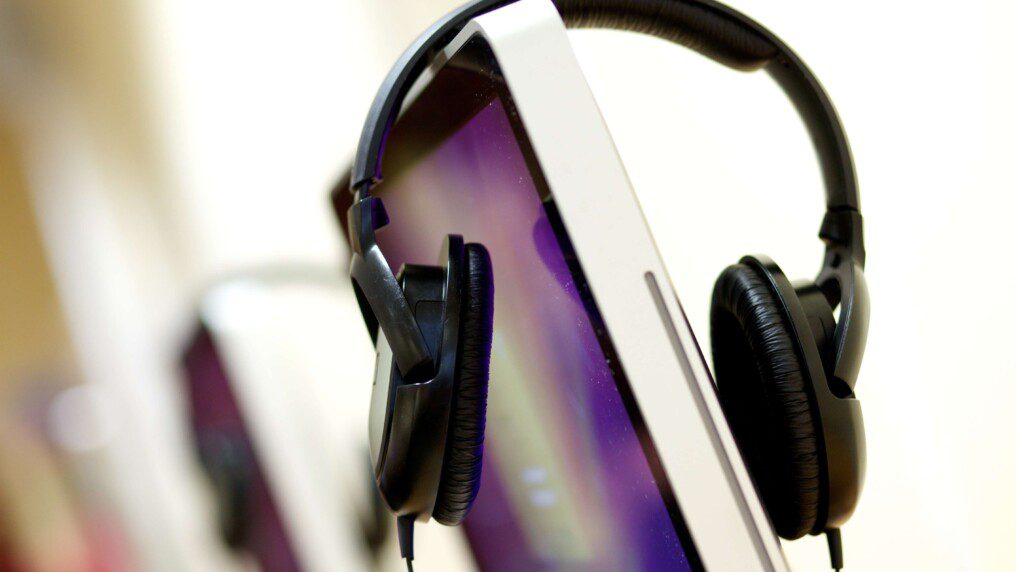
Want to learn more about audio machine learning?
What was once considered fringe science is now an exploding field. Interested engineers can expect to earn an average salary of $114,053 per year to broaden our understanding. But what’s causing this exponential growth?
It all comes down to the devices we use. In the last five years, speech recognition software has become ubiquitous. You can find it on every smartphone, tablet, and desktop on the market today.
Though it’s hardly the only thing this machine learning is used for, it’s the catalyst for the upsurge in this industry. To learn more about what makes it so exciting, read on.
What Is Audio Machine Learning?
We learn about sounds at an early age. We start in the womb by listening to our mother’s voice. Soon, we hear the sounds of birds, and wind, and our favorite television programs.
But each of these falls under two categories: sounds humans make and sounds attributed to other objects in our world.
As we grow older, we learn that sounds are actually made up of waves. And we can use things like modern equalizers to manipulate those waves. We’ve grown quite good at that.
We’ve also learned how to record it. First with the phonograph. Then with tape players. Now with digital devices. So, we can do things like leave phone messages for a loved one halfway across the world. Or perform audio transcription for a client in another country.
Though humans are quite talented at hearing and parsing this information, machines still have a long way to go. They’re advanced enough to deconstruct and manipulate such waveforms. But understanding them is something altogether more difficult.
That’s what audio machine learning is all about. It’s the science of extracting meaning from audio signals.
Possible Applications for This Technology:
Just think of the uses for this. It’ll improve text-to-speech for AI speakers, such as Siri, Alexa, and Google Assistant. That translates to better search engine algorithms when using this kind of Python speech to text software.
You can also generate and master music. Just look at some of these applications for audio deep learning:
Audio Classification: identifying the class to which an audio file belongs. An example might be a particular instrument in an orchestral recording.
Audio Fingerprinting: recognizing where an audio sample originated from. An example might be determining whether a ransom demand originated from a particular phone line.
Audio Source Separation: separating separate sounds on the same audio file. An example might be to separate the sound of the heartbeat from an audio recording of the human body.
Beat Tracking: tracking the location of each distinct beat in a collection of audio files. An example might be manipulating video to make sure the music matches with an actor’s movements.
The possibilities go on to include auto repair to the search for extra-terrestrial life. And we’re only at the inception of this emerging field. The future looks even more optimistic.
What’s Next?
Now that you know the possibilities of audio machine learning, are you ready to change your career? If you’re not. Don’t’ worry, you can still take advantage of the benefits of this burgeoning field. With the advent of AI, all our future audio devices will rely on this incredible technology.
If you enjoyed this article, please peruse our library full of other brilliant articles about the latest technology trends. So long and good luck!
Read Also:




























